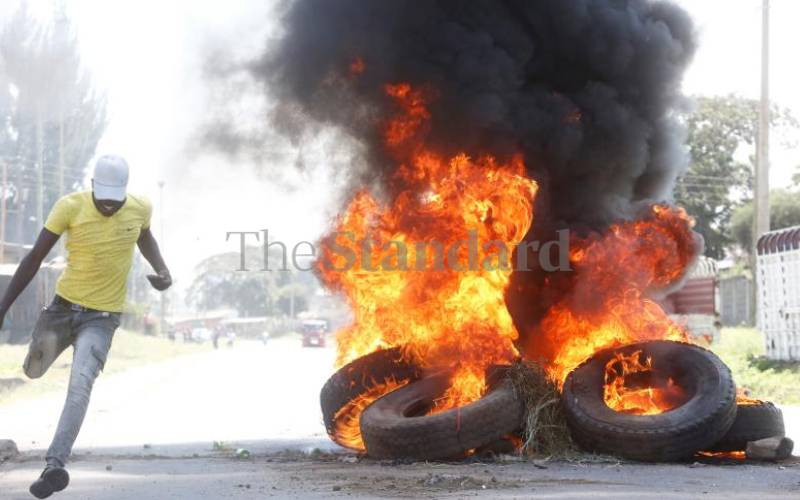×
The Standard e-Paper
Kenya’s Boldest Voice

Constitutional experts have criticised the proposed Maandamano Bill that seeks to regulate protests.
The Bill by Mbeere North MP Geoffrey Ruku seeks to have conveners of protests held liable for any damage to property or loss of lives.